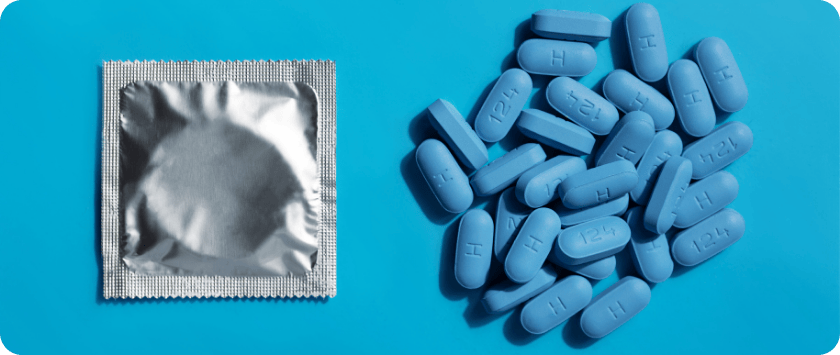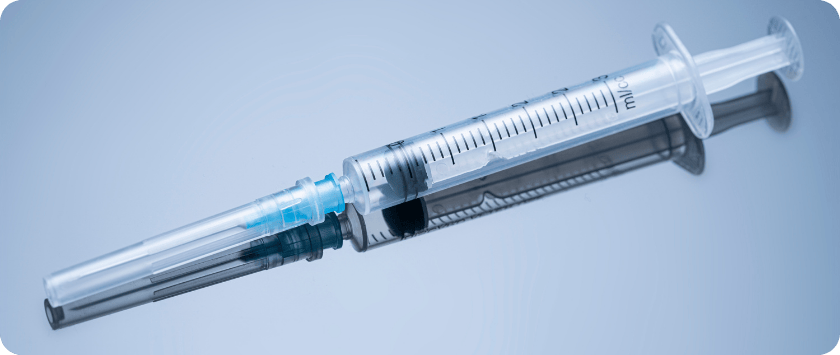Safe Injection Practices to Prevent HIV

Most HIV infections occur through unprotected anal or vaginal sex, or from sharing needles, syringes, and other drug injection equipment. However, today there are highly effective tools and strategies available to help prevent both HIV infection and transmission.
Key Strategies for Preventing HIV
Choose Low- or No-Risk Sexual Activities
- Oral sex carries a very low risk of HIV transmission.
- Sexual activities that do not involve contact with semen, vaginal fluids, or blood carry no risk of HIV infection.
Use Condoms Correctly Every Time You Have Sex
- Condoms are highly effective at preventing HIV and other STIs such as gonorrhea and chlamydia.
- However, they may be less effective against STIs transmitted through skin lesions or cuts, such as genital herpes or syphilis.
- Condoms are widely available online, in stores, or for free at many clinics.
Take PrEP (Pre-Exposure Prophylaxis)
- PrEP is a medication that helps prevent HIV before exposure occurs.
- When taken as prescribed, PrEP is highly effective at preventing HIV from both sex and sharing needles.
Abstain from Sex
- Not having sex is the only 100% effective way to avoid sexual transmission of HIV.
- You may choose abstinence at certain times in your life for personal reasons.
- It also helps prevent other STIs and unintended pregnancy.
Get Tested and Treated for STIs
- Having another STI can increase your risk of acquiring HIV.
- Many people with STIs have no symptoms and may not know they’re infected.
- Regular testing and timely treatment are essential for protecting your sexual health and reducing HIV risk.

If You Inject Drugs, Avoid Sharing Needles or Equipment
- Always use new, sterile needles and clean injection equipment every time you inject.
- You can find new needles and safe equipment, as well as properly dispose of used items.
- Some pharmacies also sell syringes without a prescription.
- If you cannot avoid sharing, disinfect used syringes with bleach. While not as safe as using new ones, it significantly lowers the risk of HIV and hepatitis.
Avoid Injection Drug Use Altogether
Not injecting drugs is 100% effective in preventing HIV transmission through this route. If you're struggling with substance use, talk to a counselor, doctor, or healthcare provider about treatment options, including medication-assisted therapy.
Consider PEP if You May Have Recently Been Exposed to HIV
PEP (Post-Exposure Prophylaxis) is a medication taken after potential HIV exposure to prevent infection. If you think you’ve been exposed within the last 72 hours, seek immediate medical attention to discuss PEP with a healthcare provider or emergency services.
If You or Your Partner Is Living with HIV, Seek and Stay in Treatment
Consistent HIV treatment is the most important step for staying healthy. People with HIV who take antiretroviral therapy (ART) and maintain an undetectable viral load cannot transmit HIV to their sexual partners (U=U).
If You Are Pregnant, Get Tested for HIV Early
- Early testing during pregnancy helps prevent passing HIV to your baby.
- If your result is negative but you or your partner engage in risky behaviors, get tested again during the third trimester.
- If you test positive, taking HIV medicine throughout pregnancy, delivery, and after birth — along with providing preventive treatment to your baby — can greatly reduce transmission risk.
If you’re planning to have a child with an HIV-positive partner, talk to your healthcare provider about PrEP for protection.
- Talk to Your Doctor About Male Circumcision
- Male circumcision may help reduce the risk of acquiring HIV in some situations, though it is less effective than other prevention methods.
- Discuss the potential benefits and limitations of circumcision with a qualified healthcare provider to decide what’s best for you.